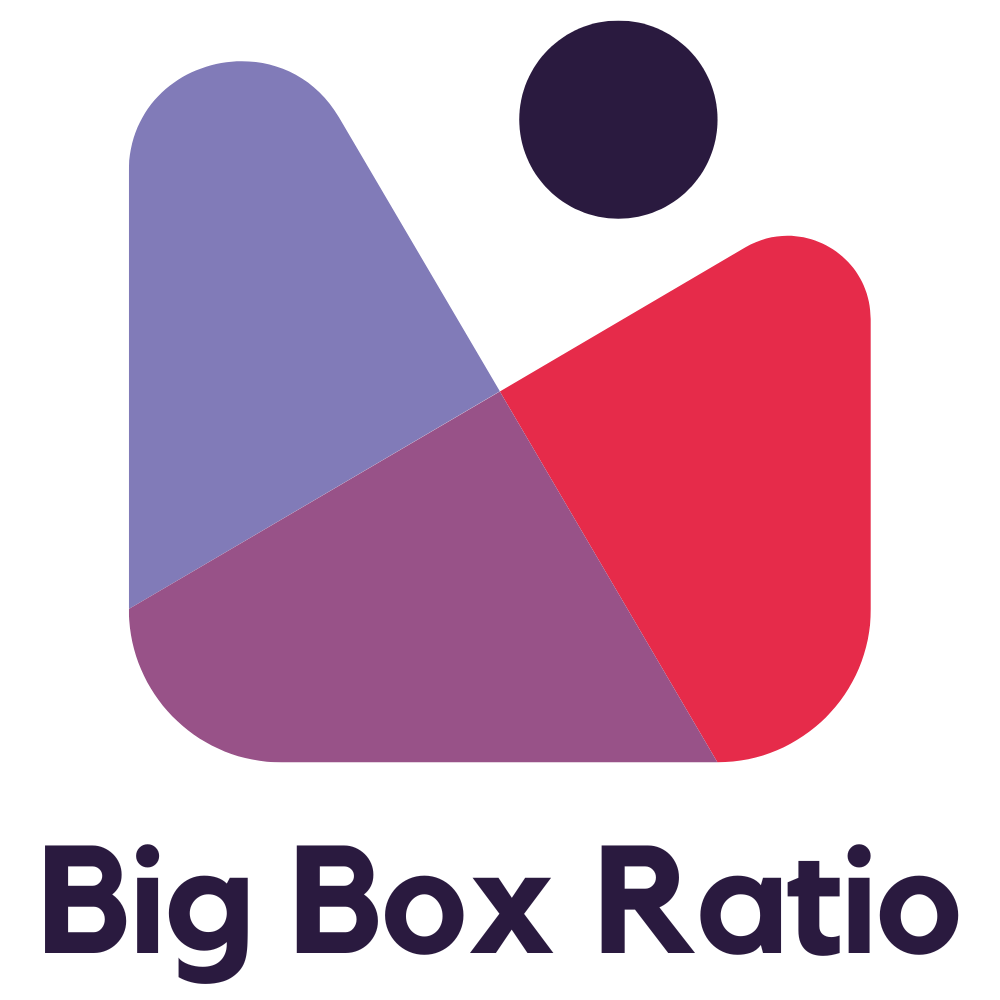In the vast universe of online gambling, where competition is fierce and player loyalty is coveted, casinos continually strive to attract and retain customers. Among the myriad of tactics employed, marketing incentives play a pivotal role, particularly in the realm of online slots. From the humble beginnings of free spins to the intricate structures of loyalty programs, the evolution of these incentives reflects not only the industry’s innovation but also its understanding of player psychology and preferences.
The Rise of Free Spins
Free spins emerged as one of the earliest and most straightforward marketing incentives in online slots. Casinos offered players a set number of spins on selected slot games, usually upon registration or as part of a promotional campaign. This incentive not only enticed new players but also provided existing ones with additional opportunities to win without risking their own funds.
The allure of free spins lies in their simplicity and immediate gratification. Players appreciate the chance to spin the reels without dipping into their bankroll, allowing them to experience the thrill of the game with minimal investment. Moreover, free spins often come with the potential to win real money, further enhancing their appeal.
As online casinos proliferated and competition intensified, free spins evolved from being occasional bonuses to integral components of player acquisition and retention strategies. They became ubiquitous across online platforms, with variations such as no deposit free spins, welcome bonus spins, and in-game free spin features adding layers of excitement and engagement.
Bonus Features and Gamification
Beyond free spins, online casinos began incorporating a variety of bonus features and gamification elements into their slot online games to enhance the player experience and incentivize continued play. These features range from simple pick-and-win mini-games to complex narrative-driven adventures, each designed to captivate players and keep them engaged.

For example, bonus rounds triggered by specific combinations or symbols not only offer the chance for substantial wins but also introduce interactive elements that break the monotony of spinning reels. These rounds often involve unique mechanics, such as cascading symbols, expanding wilds, or multiplier trails, which add depth and excitement to the gameplay.
In addition to traditional bonus features, gamification has emerged as a powerful tool for incentivizing player engagement. Casinos now incorporate leveling systems, achievement badges, and progress bars into their slot games, transforming the act of spinning reels into a dynamic and rewarding experience. By offering tangible rewards, such as cash bonuses, free spins, or even tangible merchandise, casinos motivate players to prolong their sessions and strive for higher achievements.
The Advent of Loyalty Programs
While free spins and bonus features remain essential marketing tools, casinos have increasingly turned to loyalty programs to foster long-term player relationships and drive retention. Loyalty programs reward players for their continued patronage, offering a range of perks, benefits, and exclusive rewards based on their level of engagement and spending.
Typically structured as tiered systems, loyalty programs encourage players to progress through various levels by earning loyalty points through their wagering activity. As players ascend the ranks, they unlock increasingly lucrative rewards, such as personalized bonuses, faster withdrawal times, dedicated account managers, and even luxury gifts or vacation packages.
The appeal of loyalty programs lies not only in the tangible rewards but also in the sense of recognition and status they confer upon players. By incentivizing loyalty, casinos foster a sense of belonging and exclusivity, encouraging players to remain loyal to their brand even in the face of competition.
Personalization and Data-driven Marketing
As the online gambling landscape continues to evolve, casinos are leveraging data-driven insights to personalize marketing incentives and tailor them to individual player preferences. Through sophisticated analytics and tracking tools, casinos gather data on player behavior, preferences, and spending patterns, allowing them to deliver targeted promotions and incentives that resonate with each player’s unique profile.
Personalized marketing incentives may include tailored bonus offers, exclusive access to high-stakes tournaments, or even customized game recommendations based on past play history. By delivering relevant and timely incentives, casinos enhance the overall player experience and foster a deeper sense of engagement and loyalty.

However, the use of data-driven marketing also raises concerns about privacy and responsible gambling. Casinos must strike a balance between leveraging player data to enhance marketing effectiveness and safeguarding player privacy and well-being. Implementing robust responsible gambling measures, such as self-exclusion options, deposit limits, and mandatory verification checks, is essential to ensure that marketing incentives are used responsibly and ethically.
Conclusion
In the dynamic world of online slots, marketing incentives play a pivotal role in attracting, retaining, and rewarding players. From the humble beginnings of free spins to the sophisticated structures of loyalty programs, the evolution of these incentives reflects the industry’s commitment to innovation and player-centricity.
As casinos continue to refine their marketing strategies and embrace new technologies, the future of marketing incentives in online slots promises even greater personalization, interactivity, and engagement. By leveraging data-driven insights, embracing gamification, and prioritizing responsible gambling practices, casinos can create a vibrant and sustainable ecosystem where players feel valued, entertained, and empowered to play responsibly.





